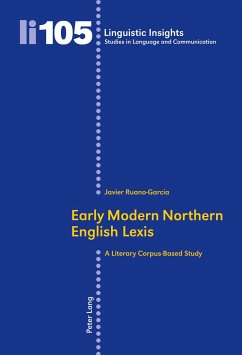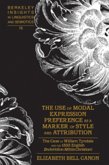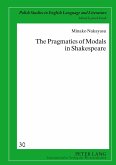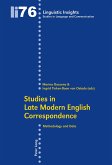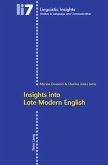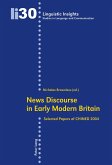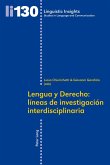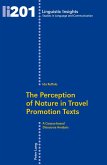The history of regional 'Englishes' in the Early Modern period still presents numerous lacunae that need to be filled, in order to provide a complete insight into the English linguistic setting at this time. This book aims to remedy these deficiencies in some measure. In particular, this monograph seeks to shed light upon the history of Early Modern Northern English vocabulary by means of the first corpus of Early Modern texts where Northern linguistic traits are used for literary purposes. It provides a linguistically documented description of Northern words from a synchronic standpoint, dealing with their distribution, etymology, as well as with some of their morphological and semantic characteristics. In addition, this study offers a discussion of the Early Modern literary representations of Northern speech. A thorough revision of the treatment that Northern lexical items are given in contemporary and modern lexicographic sources is also presented, together with a glossary that outlines the diachronic profile of the terms gathered.
Bitte wählen Sie Ihr Anliegen aus.
Rechnungen
Retourenschein anfordern
Bestellstatus
Storno

